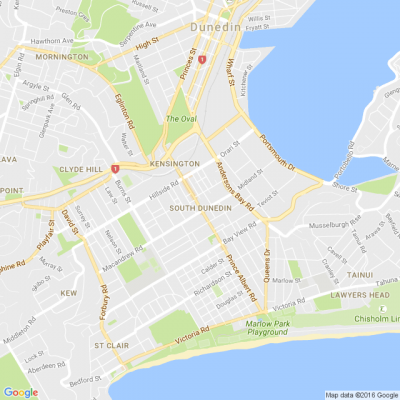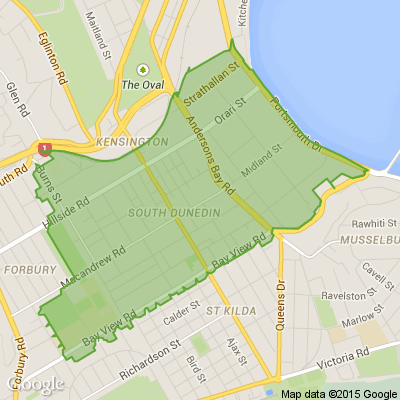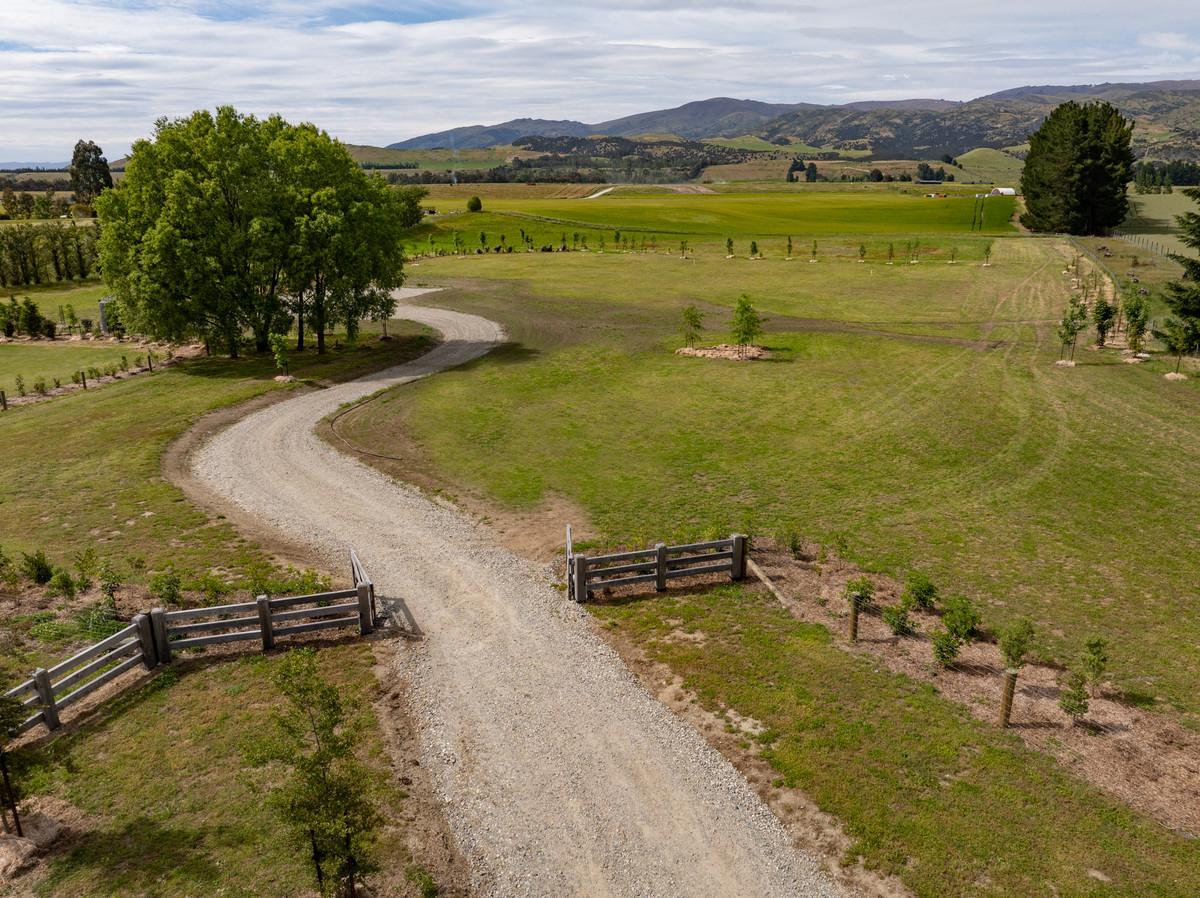Influenza hotspot potentially emerges in the South
From reporter Sinead Gill:
After two years of low influenza cases, Dunedin may be a growing hotspot.
The city had 44 of the 46 cases picked up by the national influenza monitor last week – double what the monitor picked up nationwide in 2020 and 2021 combined.
Parents are asking if they should bring their university-aged children home to care for them, while others are claiming sick students who test negative for Covid-19 aren’t staying home.
Dr Samantha Murton, president of the Royal New Zealand College of General Practitioners, said two years of Covid-19 had changed the way people think about flus, and had caught them off guard.
“There is a certain level of thinking Covid is the monster we’re trying to avoid, and anything else must be milder than Covid.
“The flu can still be nasty for some people. In winter, our hospitals fill up with flu cases.
“They hit like a train. Someone with influenza will usually say something like, ‘I woke up at 3am and suddenly I was sick’. They could have a high fever and a bad cough.”
Despite flu typically having a quick onset, Murton said people were generally infectious when they were experiencing symptoms, between the first two to five days.
People with Covid-19 were more likely to feel fatigue, gastric symptoms and a sore throat, she said.
“Like any virus, it spreads very easily ... the key is to rest, you’ll recover quicker.”
Murton said it was possible people could experience worse flu symptoms than they had before the Covid-19 pandemic, but it was because the immune system had to compensate for not being exposed to illness for a number of years in a row.
Having a support network was important while recovering from a cold, Murton said, but she didn't recommend parents collecting their children from university, as it could spread the flu and young people were likely to recover within a few days.
A University of Otago spokesperson confirmed there were cases of flu among staff and students, but could not comment on the severity.
The Institute of Environmental Science and Research runs a multidisciplinary monitor of influenza and the reporting of influenza-like symptoms to agencies like Heathline.
In the week ending May 8, 46 Influenza A cases were reported, all in the South Island.
The Southern District Health Board was approached for comment.
The flu season typically runs from May to October, and in an ordinary year kills an average of 500 New Zealanders.
In New South Wales, spiralling cases of influenza credited to the post-Covid opening of borders were being described as a “significant flu epidemic”.
The Government ordered 600,000 more flu jabs than usual in preparation for the 2022 flu season. Health Minister Andrew Little expected an increase in flu cases, particularly with the borders opening.
A flu jab has been available in New Zealand since April 1.
People 65 years and over, Māori and Pacific peoples aged 55 years and over, all pregnant people, and other vulnerable groups were eligible for a free one.
Others who aren't covered by an employer-funded programme could expect to pay between $25 and $45.
Poll: Are our Kiwi summer holidays helping us recharge, or holding the economy back? ☀️🥝
There’s growing debate about whether New Zealand’s extended Christmas break (and the slowdown that comes with it) affects productivity.
Tracy Watkins has weighed in ... now it’s your turn. What’s your take? 🤔

-
73.4% We work hard, we deserve a break!
-
15.8% Hmm, maybe?
-
10.8% Yes!
Brain Teaser of the Day 🧠✨ Can You Solve It? 🤔💬
How many balls of string does it take to reach the moon?
(Peter from Carterton kindly provided this head-scratcher ... thanks, Peter!)
Do you think you know the answer? Simply 'Like' this post and we'll post the answer in the comments below at 2pm on the day!
Want to stop seeing these in your newsfeed? No worries! Simply head here and click once on the Following button.

Celebrate in Style: Craft Your Own Decor with Testpots
Create handcrafted celebrations using Resene testpots. Find out how to create your own with these easy step by step instructions.







 Loading…
Loading…







